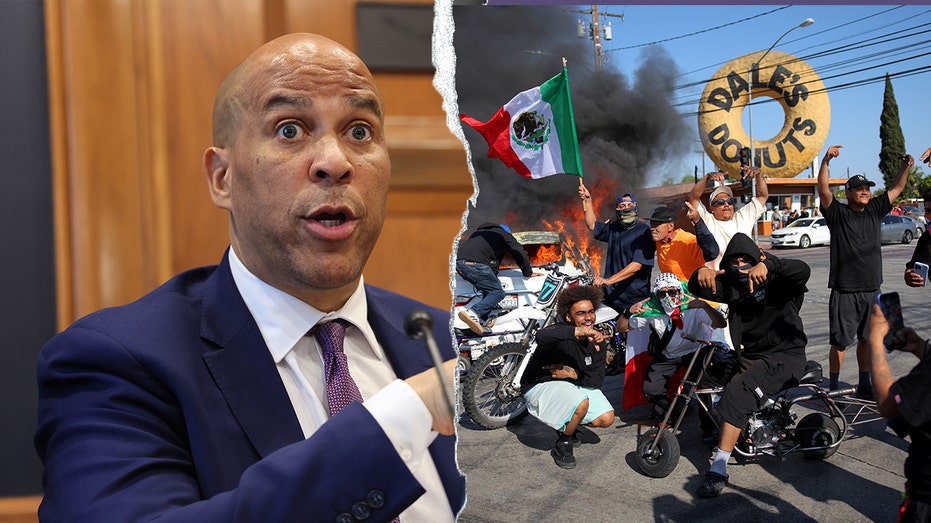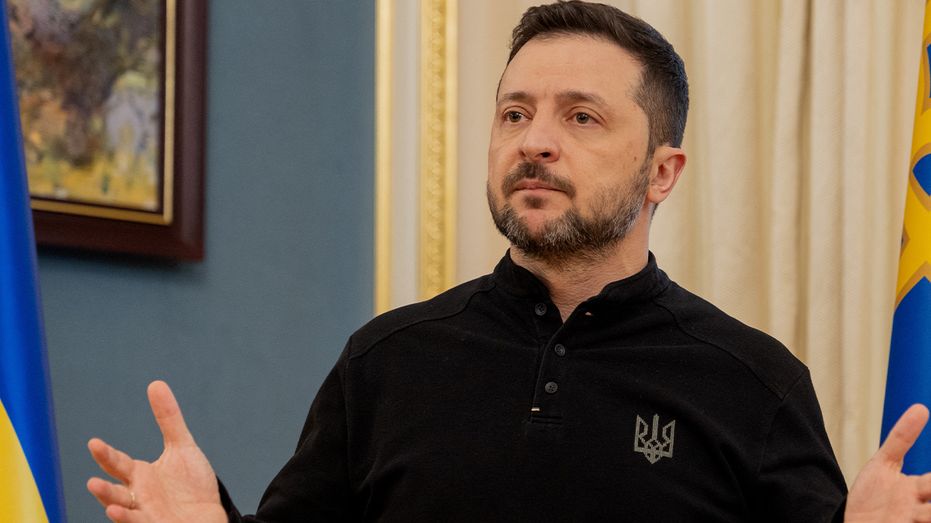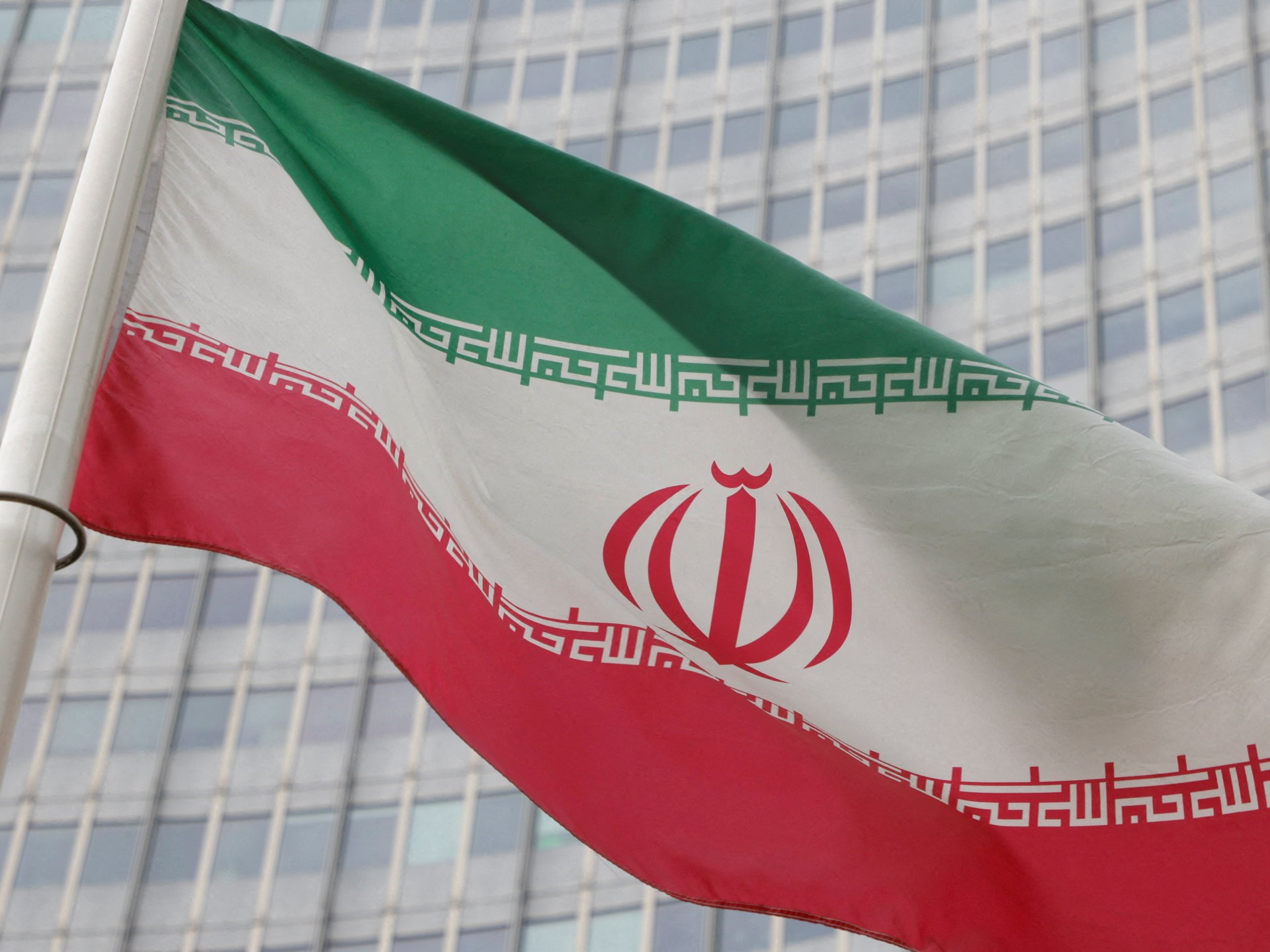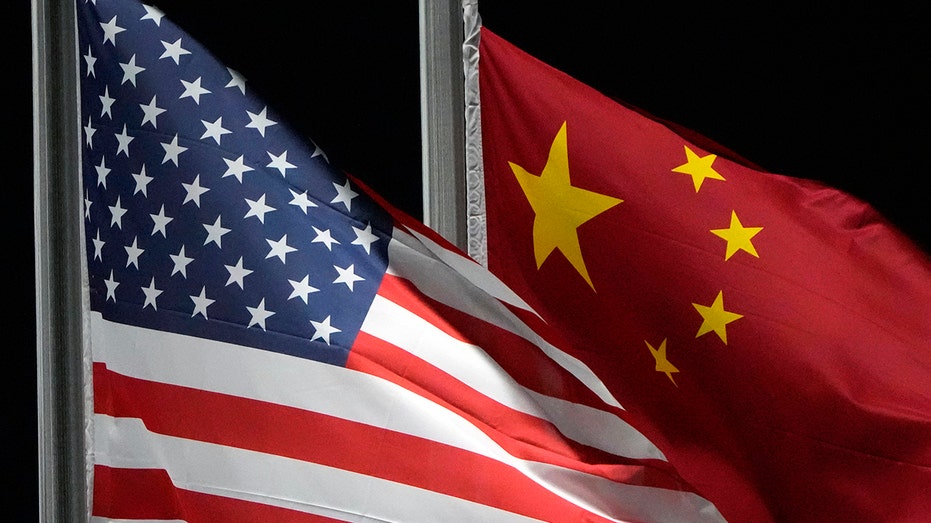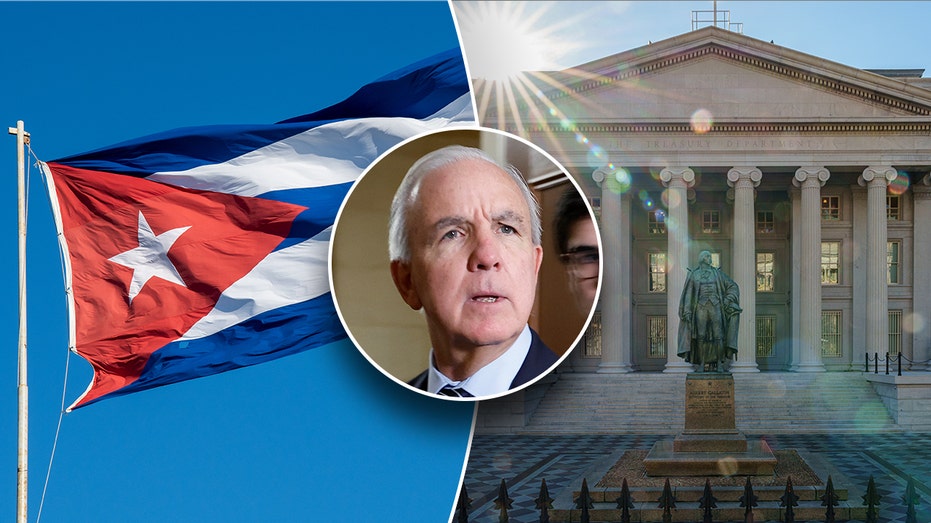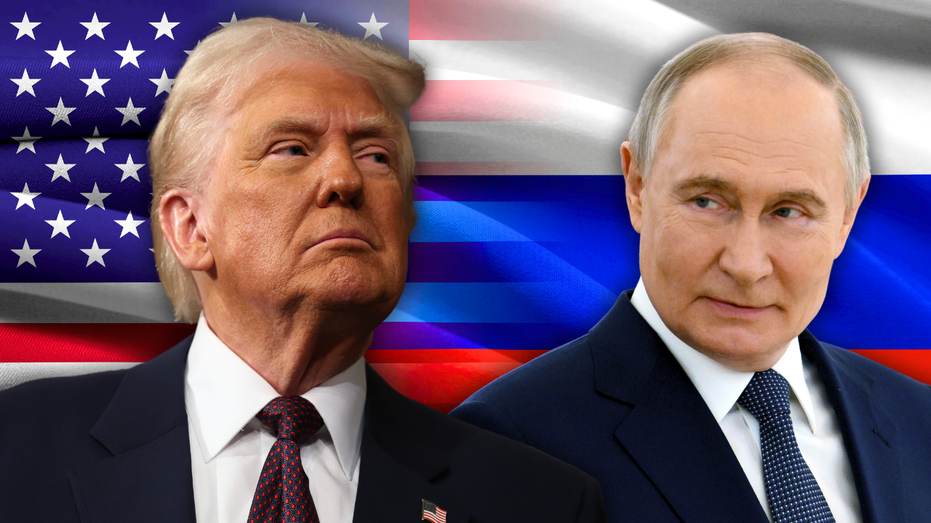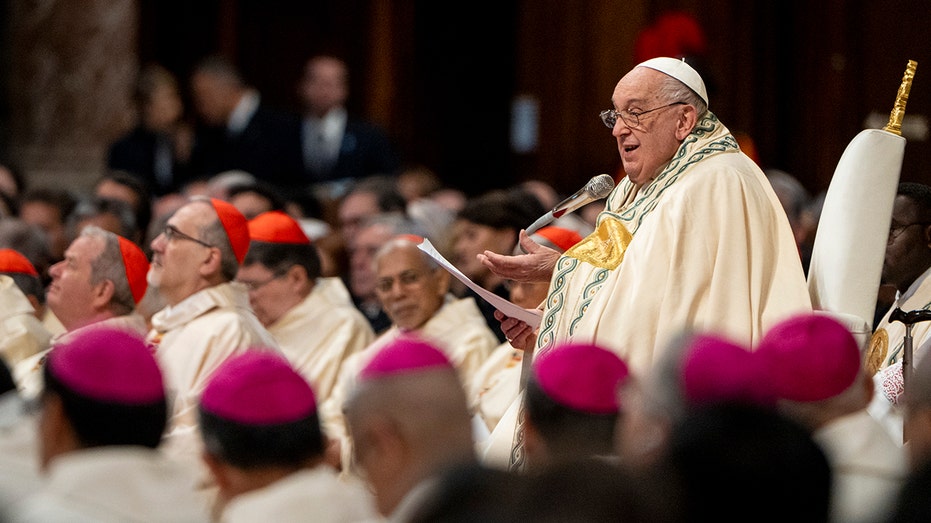Bold move to keep Americans safe from ‘terrorists’ is basis for US travel ban for some African nations
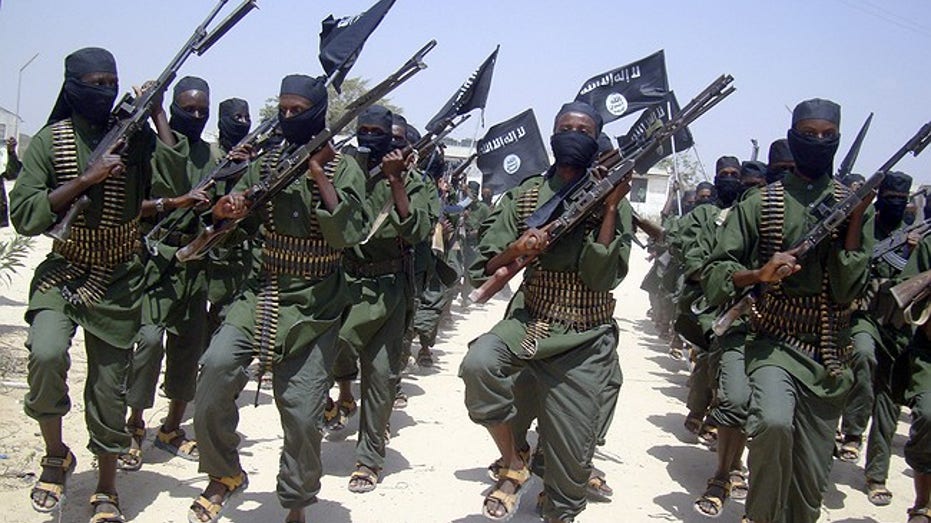
President Donald Trump’s restrictions on travel from 10 African countries are being praised by analysts for improving U.S. security internationally and domestically.
The president said on X the travel ban was being introduced after a terror attack against a pro-Israel group advocating for Hamas to release Israeli hostages in Boulder, Colorado, last weekend, allegedly by an Egyptian man who had overstayed his visa.
In a White House fact sheet, Trump said, "We will restore the travel ban, some people call it the Trump travel ban, and keep the radical Islamic terrorists out of our country."
SUSPECT IN BOULDER TERROR ATTACK DETERMINED TO BE EGYPTIAN MAN IN US ILLEGALLY: FBI
This point was backed by the State Department’s principal deputy spokesperson, Tommy Pigott. In a briefing Thursday, Pigott said, "This is a national security imperative".
But observers believe there is an external, international reason.
"Most, if not all, of the African countries were added to this list either because of extreme instability and thus terrorist havens or because relations between them and the U.S. is either extremely poor or non-existent," Bill Roggio, senior fellow at the Foundation for Defense of Democracies and editor of FDD's Long War Journal, told Fox News Digital.
"For instance, the U.S. has been historically hard on Eritrea for its human rights abuses and also alleged support for terrorism. While in Chad, its military regime kicked the U.S. military out of its territory last year, further hurting the U.S. military posture in Africa."
TRUMP BANS TRAVEL TO US FROM SEVERAL COUNTRIES TO BLOCK ‘DANGEROUS FOREIGN ACTORS’
Some of the restricted African countries listed below pose significant potential security concerns for the U.S.
The world’s two principal Islamist terror groups, ISIS and al Qaeda, represented here by Al-Shabaab, both operate openly in Somalia. The White House described it this week as "a terrorist safe haven."
A briefing note accompanying the travel ban declared, "A persistent terrorist threat emanates from Somalia's territory. Somalia also remains a destination for individuals attempting to join terrorist groups that threaten the national security of the United States."
The U.S. Africa Command mounted five air attacks against operators from both groups in just the 12 days up to June 2.
Fighting and subsequent piles of bodies in the streets have been reported in the past month in Tripoli, the Libyan capital. The U.N.’s Support Mission in Libya recently posted on X that the situation could "spiral out of control."
"The historical terrorist presence within Libya's territory amplifies the risks posed by the entry into the United States of its nationals," the White House note states, adding U.S. border officials can’t properly vet Libyans because "there is no competent or cooperative central authority for issuing passports or civil documents in Libya."
The U.S. has already imposed sanctions against the leaders of both parties involved in a two-year civil war that has reportedly killed 150,000 and displaced 12 million. The U.S. claims up to 28% of Sudanese overstay their visas.
The criminal records of Eritreans are not available for inspection by U.S. officials. With an overstay rate of up to 55%, the White House also reported that "Eritrea has historically refused to accept back its removable nationals."
The West African country is causing concern in Washington as it deepens relations with Russia. Chad President Idriss Deby went to Moscow last year for talks with Russian President Vladimir Putin, and Kremlin Foreign Minister Sergey Lavrov was then warmly welcomed in Chad’s capital, N’Djamena, for a reciprocal visit. Russia’s shadowy Wagner private mercenary group's importance in the country is being questioned after three of its members were arrested in September and sent back to Moscow.
Banning nationals this week, the U.S. said Chad has had a visa overstay rate of up to 55%. In Chad, President Deby responded by saying, "I have instructed the government to act in accordance with the principles of reciprocity and suspend the issuance of visas to U.S. citizens."
People from this West African country have reportedly overstayed their F, M and J visas by up to 70%.
Depending on the visa category, up to 35% of citizens in the U.S. are reported to have overstayed their visas.
Overstaying is the main issue for the other African countries whose nationals are partially restricted and now have only limited entry into the U.S.
Has an overstay rate of up to 35%, and, the White House says, "has historically failed to accept back its removable nationals."
Togo suffers from poor governance, nepotism and widespread corruption, which reportedly goes all the way to the president’s office. Over 50% of the population lives below what’s regarded as the international poverty line. Togo’s nationals have an overstay rate of up to 35% in the U.S.
Burundi vies with South Sudan for the dubious title of poorest country in the world. Yet soaring inflation has caused a devastating rise in food prices. A former rebel group has led the country for two decades in an climate of political unrest and alleged repression. Burundi’s citizens have an overstay rate of up to 17% in the U.S.
What's Your Reaction?
 Like
0
Like
0
 Dislike
0
Dislike
0
 Love
0
Love
0
 Funny
0
Funny
0
 Angry
0
Angry
0
 Sad
0
Sad
0
 Wow
0
Wow
0



